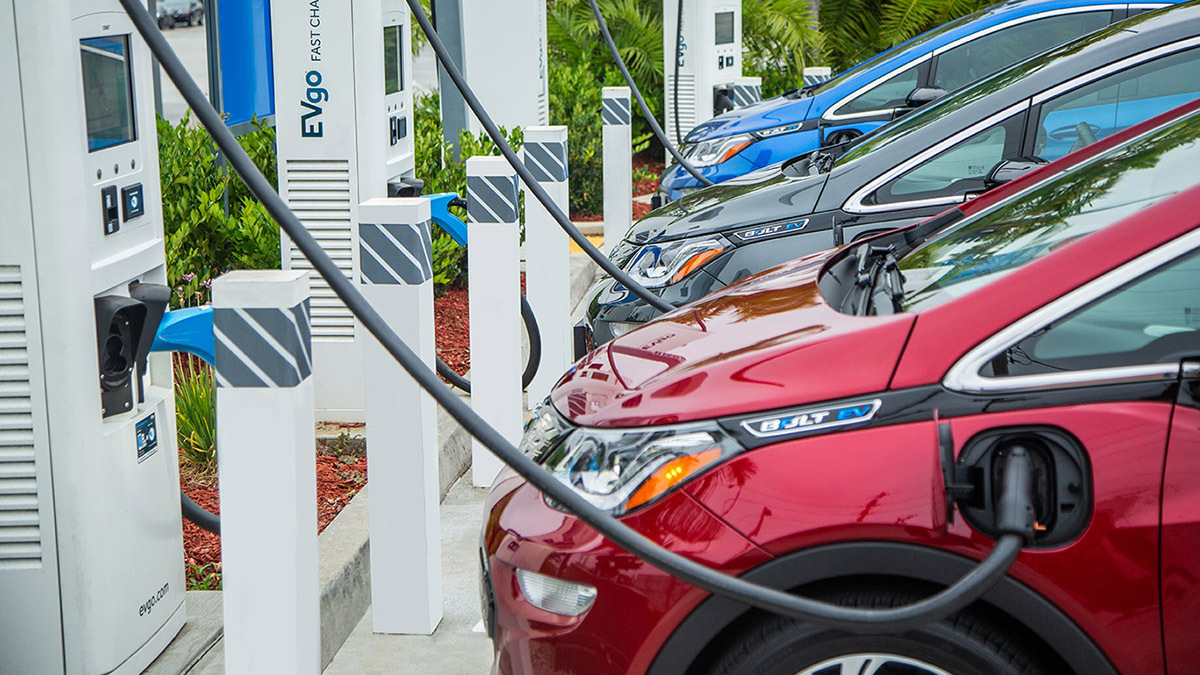Electric vehicle (EV) sales continue to grow robustly, but they are not meeting the high expectations of car manufacturers and other companies that have invested significant funds in the EV sector. The surge in interest rates is affecting the plans of climate regulators and automakers to expedite the transition to EVs, as highlighted by the termination of the GM-Honda partnership and a warning from a battery manufacturer.
While EV sales are on the rise, they might fall short of expectations in the coming year due to global economic uncertainties, according to Lee Chang-sil, the CFO of South Korean battery maker LG Energy Solution.
Furthermore, on the same day, Honda and General Motors announced the abandonment of their $5 billion plan to jointly develop affordable EVs, only a year after initiating the project. GM is now focusing on fulfilling current EV demand rather than achieving specific volume targets.
Concerns about high interest rates affecting consumers’ ability to afford EVs were raised by Tesla CEO Elon Musk. He emphasized the importance of the monthly payment for car buyers and suggested that high interest rates could make it harder for people to purchase EVs.
Other automakers are expressing similar caution. Germany’s Volkswagen recently lowered its profit margin outlook for the year, citing negative impacts from raw material hedges. These materials are essential for EV batteries. As EV demand softens, raw material prices have also decreased, including materials heavily used in batteries like lithium and cobalt.
Ford temporarily reduced one of three shifts at the plant manufacturing its electric F-150 Lightning pickup truck, and they shifted their investment focus to commercial vehicles and hybrids.
Japan’s Nidec faced a significant decline in its share prices, primarily due to concerns about its prospects in the challenging Chinese EV market.
China’s CATL, the world’s largest EV battery manufacturer, reported a weaker third-quarter profit due to slowing demand and intense competition, resulting in a decline in its market share in China.


